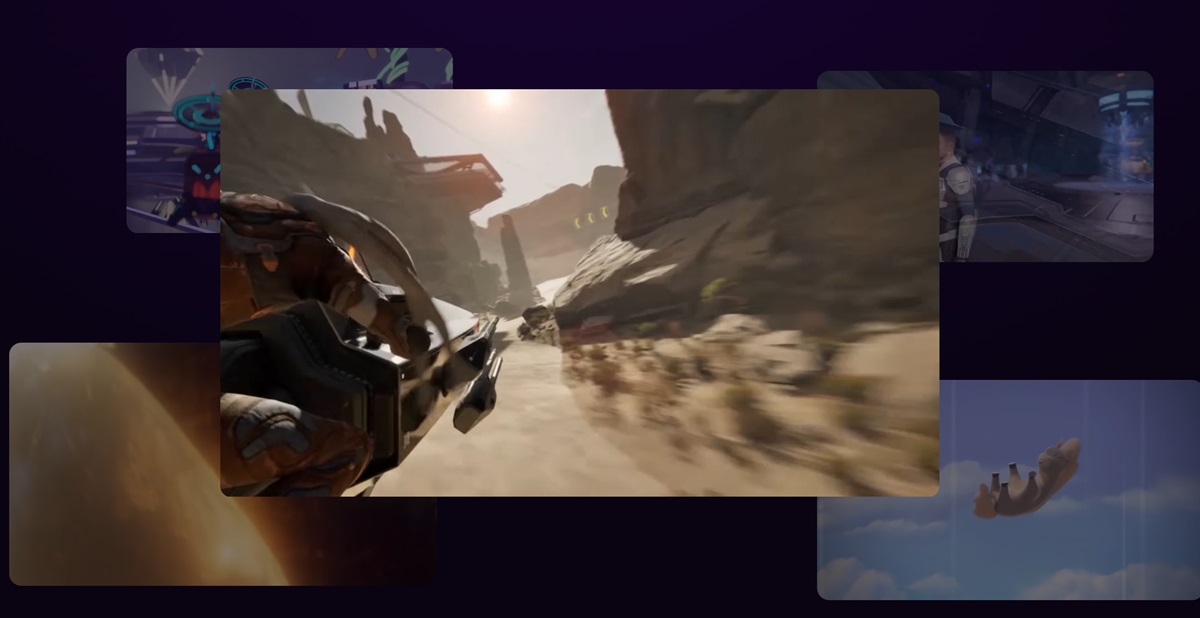CCCam HD Insights
Stay updated with the latest in streaming and tech.
When Pixels Collide: The Quest for Crypto Game Interoperability
Explore the thrilling world of crypto game interoperability! Discover how pixels unite for limitless gameplay and a vibrant gaming future.
Exploring the Future: How Crypto Game Interoperability is Changing the Landscape
The landscape of gaming is rapidly evolving, with crypto game interoperability at the forefront of this transformation. As blockchain technology develops, games that utilize cryptocurrencies are no longer standalone experiences; instead, they are beginning to interconnect, allowing players to use their assets across multiple platforms. This fusion not only enhances player engagement but also fosters a sense of ownership over digital assets. For instance, a character or item acquired in one game can potentially be utilized in another, creating an expansive universe where the possibilities are limitless.
Moreover, the rise of interoperable crypto games is paving the way for new economic models within the gaming industry. Players can trade, sell, or leverage their in-game assets across different titles, increasing their value and utility. Game developers are also benefitting from this trend, as it opens up opportunities for collaboration and shared ecosystems. This interconnected environment is expected to attract more players, thus enlarging the gaming community and stimulating innovation. As we look towards the future, it is clear that crypto game interoperability is not just a fleeting trend but a fundamental shift that will reshape the gaming landscape.

Counter-Strike is a highly popular first-person shooter game that pits teams of terrorists against counter-terrorists in various objective-based scenarios. Players can choose from a variety of weapons and strategies to achieve victory. If you’re looking for some exciting gaming opportunities, don’t forget to check out the bc.game promo code for great deals and bonuses.
Unlocking Possibilities: The Benefits of Interoperability in Crypto Gaming
Unlocking possibilities within the realm of crypto gaming has become increasingly important as gamers seek more flexible and interconnected experiences. One of the primary advantages of interoperability in this space is that it allows players to use their assets across multiple games and platforms. This seamless integration not only enhances user engagement but also fosters a vibrant ecosystem where developers and gamers can collaborate effectively. By breaking down the walls between individual games, interoperability creates new opportunities for players to truly own their digital assets, enhancing the potential for profitability and community interaction.
Furthermore, the benefits of interoperability extend to game developers as well. By enabling cross-platform functionalities, developers can attract a broader audience and encourage collaboration among different gaming titles. This collaboration leads to innovative gameplay mechanics that can enrich the gaming experience, enticing players to explore new titles that share a common infrastructure. As the crypto gaming landscape continues to evolve, embracing interoperability will be essential for fostering creativity, increasing player retention, and ultimately, driving the crypto gaming revolution forward.
What is Crypto Game Interoperability and Why Does It Matter?
Crypto game interoperability refers to the ability for different blockchain-based games to communicate with each other and allow players to transfer their assets across various gaming ecosystems seamlessly. This concept is crucial in a decentralized landscape where players invest significant time and resources into acquiring in-game assets such as characters, skins, or cryptocurrencies. By enabling interoperability, developers can create an interconnected gaming environment that enhances the player experience, fosters community engagement, and ultimately increases the value of digital assets by allowing them to manifest utility in multiple games.
The importance of crypto game interoperability extends beyond individual games, influencing the overall gaming ecosystem. It opens up new avenues for gameplay, allowing players to use their NFT assets from one game in another, creating a unified experience that can attract more players and retain existing ones. Furthermore, as blockchain technology continues to evolve, the demand for interconnected platforms will likely surge, making interoperability a key factor for the long-term success of blockchain gaming. As players become more aware of the benefits, it becomes essential for developers to prioritize interoperability to stay competitive in this rapidly growing industry.